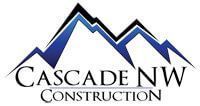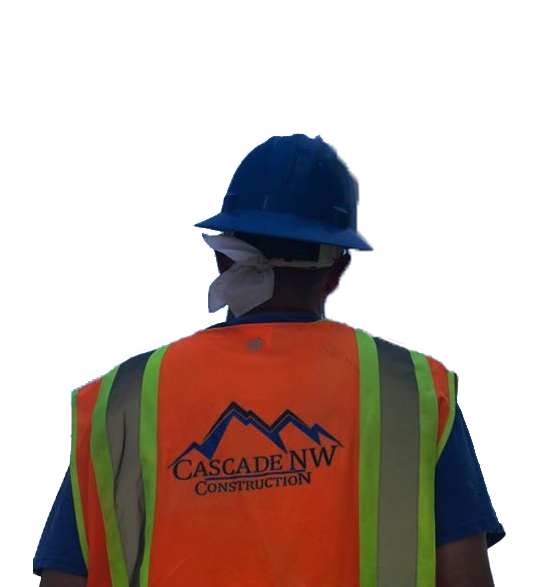“How can I be prepared as possible for my first meeting with my potential General Contractor” is a question you should ask yourself if you are nearing the estimate stage of your project. In reality you have most likely been thinking about this new project for some time now and are ready to see if it’s even feasible.
Let us start with why would we prepare? “Wouldn’t I just call and schedule an appointment and then ask them all my questions as I think of them?” Sure, you could do that but then you will likely have multiple emails, follow up calls & additional questions later. This often leads to changes to the quote as they are working on it. That equates to more time and money preparing the estimate and the potential to miss items you had wanted included. Here is a list of the top 5 things I think are essential to a successful first site meeting.
1. Have a list of questions about your project prepared in advance and send to your potential GC right after scheduling the first appointment. This will help them get a feel for your project and style before they even see your site. Why is this so important? If you asked a particular question regarding code, that allows them time to contact their resource, and have that answer ready for you, putting you one more question closer to getting all your questions answered.
2. Look up your zoning prior to the site visit. This is huge because the question I am about to share is in the top 5 questions I am asked at every site visit. “Andy, how close can I put my addition/ project to the fence line?” I will post a link to this blog topic called How do I find my Setbacks written by Natalie Mills, one of our Assistant Project Managers. This is important, you can build standard construction if you maintain the property setbacks, but what if you want it closer to the fence? You can also build within the property setbacks some of the time if you follow some local building codes that deal with fire ratings of structures. This means yes, as long as you make sure your project meets the municipal requirements for fire protection you may be able to use that space. Now, does this info vary depending on location of the property and the city or county, of course.
3. Locate any existing blueprints or drawings of your house. If you do not have then you can call your local county or city permit center, sometimes referred to as Building Developmental Services and ask for a copy of your records. They may require you to come down and search their records and they most likely will charge a fee to make copies. The potential cost savings could be well over a $1,000 for you. Paying a draftsman to make a site visit to measure up your house and to then make a “plan set” to work off of is spendy, and with a little time investment on your part, might be well worth the savings.
- 4. Put together a project Scope as best you can.
Here is an example of a bad project scope: Customer: I would like a bathroom remodel, what do you recommend? - If you do not give the contractor some info you are basically asking them to pick out what they like for your remodel. Spoiler alert: you will not be happy. They are not the ones who will be looking at this every morning and evening! This is almost a guarantee that your budget and theirs will not even be close to lining up.
- Now, here is an example of a good project scope: Customer: I would like a bathroom remodel with a:
- New sink
- New vanity
- New counters
- New Flooring
This is very basic and that is ok, because now your contractor should know what direction to point you. Most contractors will have a list of subs and vendors they use, trust, and have good working relationships with. They should introduce you to their vendors of choice where you can go and view all sorts of selections for Finishes and Fixtures. Also, something to think about is that if they supply the fixture instead of you picking it up and supplying it, they are now the phone call you make when and if you have an issue with that fixture. You will not get into a “who is responsible for the warranty of the item” discussion.
5. The Budget Debate……. This is a tricky one, do you disclose the amount you are willing to spend? There are emotions, concerns of trust and so on, but it is also a real time saver that helps you and the contractor come to terms with the feasibility of the project. So, yes, the answer is yes to get exactly what you want, share your budget range. For instance, if you figure you want to spend $5,000 on your new bathroom remodel and you tell your contractor all the things you want to include, you may be in for a big surprise as will your contractor. I suggest to always discuss the budget during the site walk. This will give your contractor the opportunity to customize a bath remodel within your budget. Instead of quartz counters, he may select Formica, instead of Marmoleum flooring he may select vinyl and so on. So, if the amount you are willing to spend is $15,000 and not a penny more offer a range of 10-15k. A good contractor will offer you budgets for your items and different selections or options so that you get to choose what your budget ends up being.

